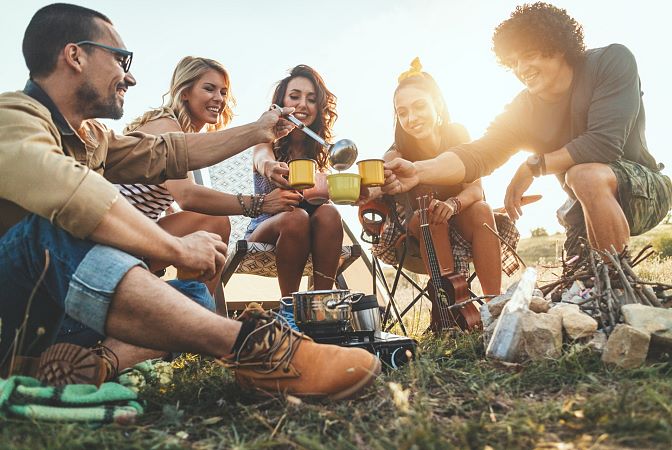K2go
Do you love drinking your coffee on the go?
Mobile coffee enjoyment is very popular. However this form of consumption has a downside – it creates a large amount of problematic waste. Single-use coffee cups are not made exclusively of cardboard. They are usually covered with a layer of plastic to make them leak-proof.
These coffee cups are an environmental problem.
Kaffeebecher sind ein Umweltproblem
Around 600 million disposable cups are thrown away in Austria every year, with coffee-to-go cups accounting for about half of them.
These cups are often covered with waterproof plastic latex, meaning that they are neither biodegradable nor can they be recycled.
Austrians drink 162 litres of coffee per year, or an average of 2.6 cups per day.
A quarter (21%) of all Austrians like to enjoy their coffee on the go, mostly in disposable paper cups.
Sources:
www.gast.at/nachhaltigkeit/www.gast.at/nachhaltigkeit/neue-ideen-fuer-coffee-go-145986
www.meinbezirk.at/salzburg-stadt/lokales/coffee-to-go-aber-bitte-ohne-den-muell-d2035111.
www.vienna.at/tag-des-kaffees-oesterreicher-trinken-taeglich-ueber-zwei-tassen/3367621
kaffeeverband.at/coffee-to-go-ab-immediately-reusable cup/
www.wien.gv.at/umwelt-klimaschutz/kaffee.html
We have the solution for you!
K2go is a new, innovative returnable cup system that will be offered in and around Kufstein from April 2019.
You can “borrow” a high-quality returnable cup (with a deposit) from a number of Partnerbetrieben in the region, enjoy your coffee and return the cup whenever you get the chance.
You are naturally free to use the cup as often as you like.
When you buy your coffee on the go, ask for the K2go cup and help protect our environment!




